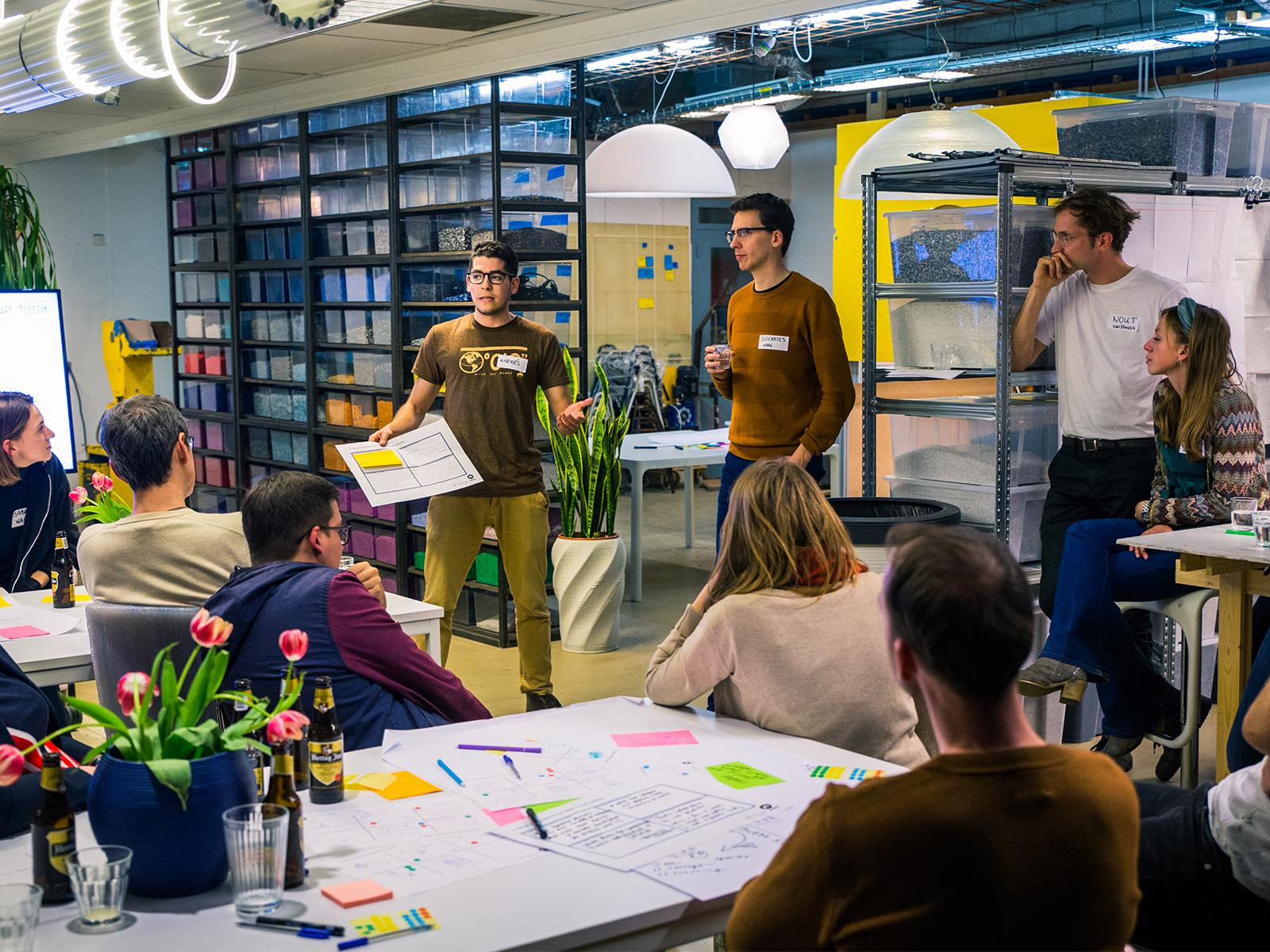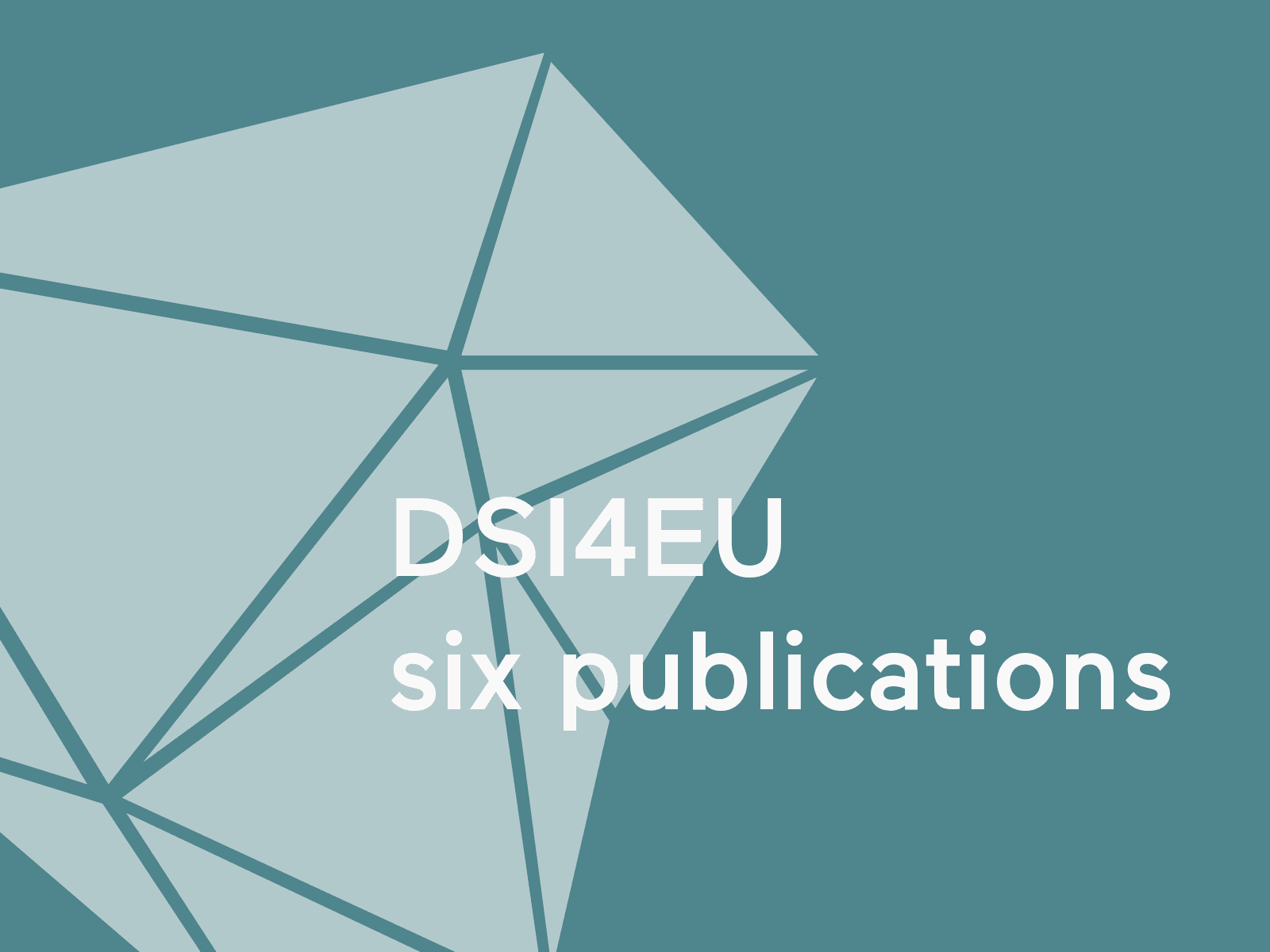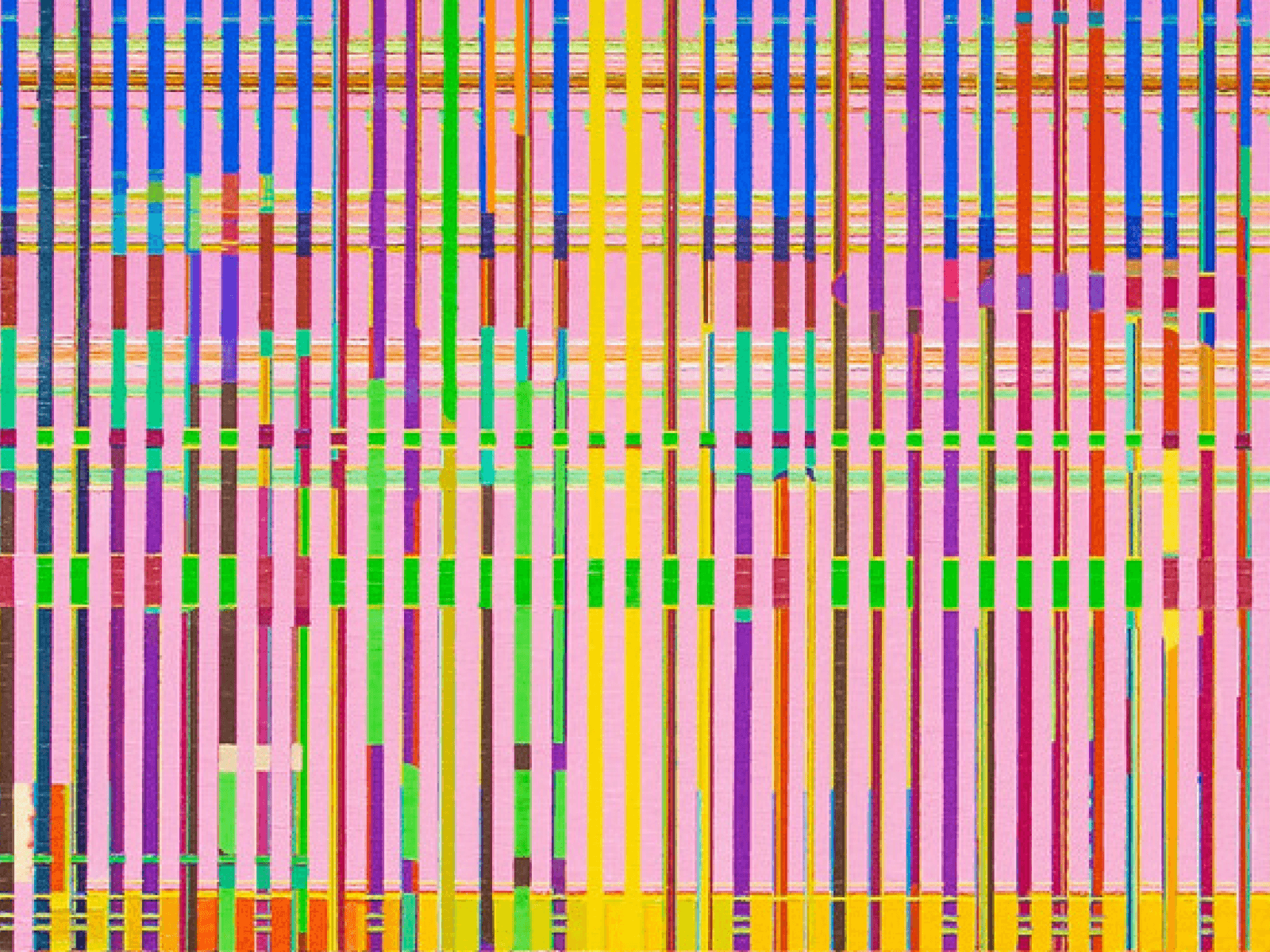In past years digital technologies have received increasing attention in tackling social challenges. We summarize his phenomenon as digital social innovation (DSI), which is employed in a variety of fields such as healthcare, education or democracy. It aims to harness technology for the benefit of our environment and our society, empower citizens, make governments accountable as well as foster alternative sustainable business models.
Waag is the project leader for the 'food, environment and climate change' (FECC) cluster within the European-wide DSI project (DSI4EU). I joined Waag for a five-month internship and received the task of coordinating a so-called 'peer learning' event series – or what we named later 'The Social Tech Tour' – as part of the FECC cluster in the spring of 2019. Having returned as independent researcher at Waag, I now revisit our experiences from the Social Tech Tour and add a final concluding touch with this post.
The tour consisted of a series of site visits to tech-enabled social enterprises in Amsterdam with the ambition to provide a platform for letting innovators and practitioners learn from each other in their own habitat. Together with hosts and participants we co-created solution-strategies on DSI challenges these enterprises are currently facing.
An overview of The Social Tech Tour locations and topics
These are the four DSI enterprises that we quickly found interested in hosting a Social Tech Tour edition:
The Social Tech Tour #1 – Onefarm, a company implementing vertical-farm concepts together with local partners. Founded by Mira Merme, Gonçalo Neves and Árpád Gerecsey, Onefarm is aiming to change the urban food and pharmaceuticals game by growing locally, sustainably and inclusively.
Onefarm’s challenge: How can different concepts of ownership (e.g. shared ownership through crowdfunding and knowledge sharing) in a tech-enabled food production contribute to creating sustainable food systems and healthy communities around them?
The Social Tech Tour #2 – vanPlestik, a start-up 3D printing furniture from recycled plastic. Sam van Til and Nout Kooij, the founders of VanPlestik, have developed their own 3D printer and small-scale recycling ecosystem with 100% recycled plastic. Next to furniture printing and closed-loop business-to-business work (i.e. Fairphone; municipality of Amsterdam), the start-up engages in various 3D plastic-printing workshops.
VanPlestik’s challenge: To reduce plastic (waste/) pollution, we need to ‘open source’ the plastic (recycling) industry and radically engage users.
The Social Tech Tour #3 – 02025, a movement supporting the energy transition in Amsterdam. The goal is to reach zero C02 emission by 2025 with renewable, fair and safe energy. A digital platform serves as 02025’s communication tool, and the base for enhancing the sustainable energy movement in the Netherlands.
02025’s challenge: How can energy communities take a (or the) leading role in the energy transition?
The Social Tech Tour #4 – Fairfood, an NGO with a big mission: to make our global food chains more sustainable. The organisation aims to do so by using innovative technologies like blockchain, while also running a living wage lab with development organisations like Hivos, whereby stakeholders from the agrifood sector co-create and test practical solutions.
Fairfood’s challenge: How can technology nudge consumers to engage with sustainability and human rights issues in their daily food?
DSI: lessons, impacts and challenges
With a particular focus on finding tech-enabled solutions for environmental challenges, we want to look at the different layers of DSI: sharing data, decentralisation/cutting out middlemen, and fostering collaboration. Here we reflect on them through our experiences gathered throughout The Social Tech Tour.
Sharing data and knowledge
Our peer learning series highlighted the elements of sharing technologies and including an educational approach in DSI. For instance, the session with Onefarm brought forward the insight that there is a present but limited public acknowledgement of the impacts of farming on our environment.
This also applies to the issues of growing populations and food insecurity that have reinforced the demand for sustainable and organic produce as well as cutting-edge and innovative technologies in farming. But the participants also identified a lack of know-how on how to scale up more environmentally friendly farming concepts like vertical farming in a sustainable manner and how to make sure they are inclusive. Looking at this issue through the lens of DSI, up scaling and inclusiveness cannot be achieved via a single measure but ask for a multi-layered approach.
This is because of the immense investment required by the technical execution of vertical farming and the risk of misalignment between societal needs and the benefits of innovations in farming (to this day vertical farms mainly produce high-value products serving the wealthiest segment of the consuming public).
The outcomes of the session particularly emphasise one of these DSI layers: Nurturing local knowledge and community-engagement through educational activities. For example, by turning the "normal" consumer into the main shareholder — and to do so through a shared ownership structure supported by local educational farming activities, embedded into the urban fabric of food production and waste collection. The first step therefore is knowledge and data sharing followed by the development of a consciousness for what we eat and where it comes from. This can be done through different digital applications connecting the consumer with their share (food crop) or other citizen engagement activities like co-creation methods.
Decentralisation/cutting out middlemen
This brings us to another essential layer in DSI: Taking advantage of a growing decentralised and (digitally) connected system of manufacture, production and distribution. With 70% of all the globally produced food coming from small-scale farmers many of which do not receive a fair share for their contribution (particularly those living in developing countries), this issue becomes highly relevant for our food supply chains. The session with Fairfood introduced participants to the digital possibilities to cut out middlemen and directly connect the citizen as consumer with the farmer as producer, and by doing so establishing awareness for the working and living conditions of the latter. One of the digital technologies that can be used to facilitate social innovation in supply chains is blockchain. It can enable digital identification, smart contracts, digital currencies or a distributed storage of data allowing for more transparency, consumer trust, efficiency and inclusiveness. The workshop with Fairfood brought up various examples how this could look like in practice. For instance, digital technologies could be used to change the narrative of sustainable products and alter consumption behaviour. This could be done by bringing together producer, retailer and consumer and letting them co-design the "sustainability story" of the product.
Fostering collaboration
Innovative tech-enabled and socially driven enterprises can be further supported by a strong network based on collaborative practices, which addresses another layer of DSI. In this regard, lower energy consumption and the transition to a CO2-neutral energy production is a current topic also revisited during the Social Tech Tour. The energy community of 02025 consists of dozens of citizens and initiatives all over Amsterdam, who have monthly 'energy breakfasts' and are connected via an online platform. At the same time, other measures like the European Commission’s revised Renewable Energy Directive from 2018 open up more space for bottom-up action. This momentum reveals opportunities for citizens to transition from the position of the end-consumer to the centre of the energy transition, be it through renewable energy communities like 02025, household storage systems or peer-to-peer trading. One of the main insights from the session is the one of nurturing existing structures consisting of technologies, communities, networks and other resources. The innovative element in this hindsight is not so much the technological development but the fruitful utilization and constant re-evaluation of what is out there. This applies, for example, in terms of supporting active citizens, scrutinizing the collection and use of energy data, enhancing the equal and collaborative nature between municipality and citizens or further incentivizing existing sharing (i.e. car sharing) and sustainable energy production and consumption systems (i.e. private solar panels).
Concluding thoughts
The Social Tech Tour reinforces the understanding that DSI consists of a diversity of initiatives and organisations, embedded in a highly complex and context-dependent ecosystem. This makes it a challenge to replicate best practices. Yet still, there are some main lessons that can be taken further.
First, get to know your DSI ecosystem: Where there is social drive or technical expertise, there is not always business or sales knowledge. How can we bridge the knowledge gap? Practitioners should take advantage of existing structures (networks, technologies, resources, knowledge, etc.) and avoid to reinvent the wheel. For example, the DSI4EU team has created a database of 1,400 projects and a DSI network of more than 2,000 organisations.
Second, attach your idea to current (sustainability) trends (i.e. transparency; decentralisation) to accelerate your impact and create credibility. The use of co-creation methods can help to identify such trends and communities around them. Additionally, invite policy makers or municipal representatives to your co-creation sessions to provide fair structures of communication.
Last but not least, continuously re-iterate your practices as well as social, technological and innovative values. You want to bring the technology, tools and methodologies to the people in order to create awareness and spread inspiration for citizens. The next DSI practitioner might sit already next to you.


